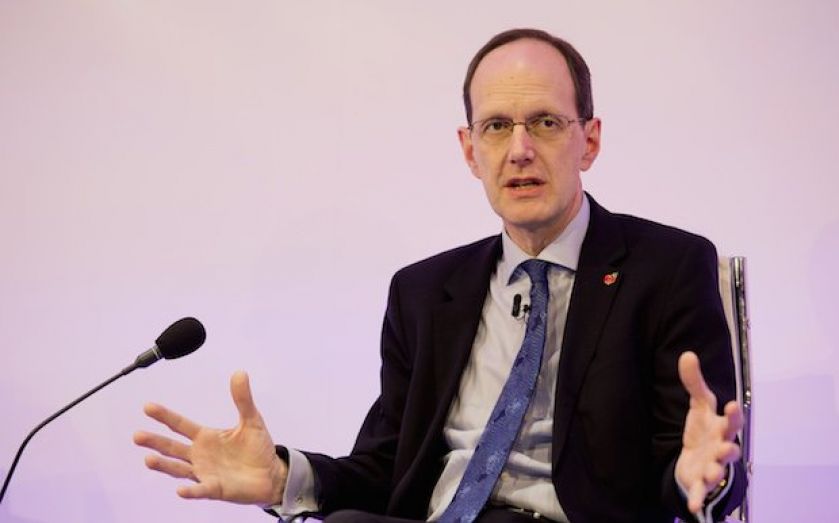Autumn Statement 2014: This is what the CBI wants George Osborne to deliver

What will George Osborne get out of his red box when he delivers the Autumn Statement next week? The CBI got off the starting block early with its wishlist, asking for a range of measures to boost British business, including better infrastructure around Stonehenge and business rates reform.
Here's what the group businesses wants to see.
More business investment, please
The Annual Investment Allowance (AIA) for small businesses, which provides tax benefits to encourage business investment in new plant and machinery, should rise to £250,000, says the CBI.
In his March budget statement Osborne temporarily increased the limit from £250,000 to £500,000 from April onwards. However this will fall to £25,000 a year from the 1st of January 2016.
Currently, it's trailing behind the UK's international peers, and according to the CBI "it's important that we address this structural weakness in the UK economy [in order] to fulfil our long-term growth potential".
Invest in infrastructure
More investment in infrastructure and housing will lift businesses across the UK, it suggests.
The CBI wants a final decision on the Hinkley Point C power station in Somerset. It also wants to tackle congestion on the A303, especially at Stonehenge, maintain momentum on the A14 and secure a sustainable settlement to fund the vital M4 relief road around Newport.
Devolution must be balanced
While the CBI supports devolution to help boost growth across the UK, these measures must be balanced with the need for coherent rules and regulations across the UK.
This is because the UK must create stable conditions if it wants to attract long-term investment.
The CBI wants to see a common regime maintained through business taxes, employment law and the labour market, financial services and for energy.
These issues came to a head earlier this year with the referendum on an independent Scotland. The CBI wanted the above powers to remain with Westminster for fear of undermining the UK-wide system.
Research and development
The research and development tax credit should be "supercharged", according the CBI.
Presently, the UK trails behind its OECD and EU counterparts when it comes to the proportion of gross domestic product devoted to research and development spending.
Boosting the ability of companies to bring their ideas to foreign countries could help erode the UK's gnawing trade deficit.
Let's cut business rates
What the CBI really wants is reform of the UK's "clunky and outdated business rates system".
The controversial tax, which rakes in around £25bn a year for the Treasury, has been blamed for the demise of British high streets in recent years.
Many businesses claim it's an unwanted financial burden at a time of economic strain and it discourages investment.
Business rates are currently calculated through a valuation of Britain's property and the annual rate of inflation, which is revalued every five years.
The government was subject to controversy in 2012, when it postponed a revaluation of business rates until 2017, instead of next year.
Boost exports
The CBI wants to boost exports, especially for the UK's "forgotten army of medium-sized businesses".
One way to do this is by freezing long-haul Air Passenger Duty, a move which will help more UK businesses export their products and services to new growth markets worldwide, such as Mexico and China.
At present, long-haul Air Passenger Duty discourages the emergence of new business routes with emerging markets from airports in the UK.
Make sure growth works for everyone:
While the UK's economy has improved markedly the recovery isn't working for everyone. The CBI thinks that the government should introduce a range of reforms to correct this.
It should encourage low-paid workers by raising the threshold before Employee National Insurance Contributions from £7,956 to £10,500 over five years.
Provide better access to childcare, which will help parents stay in work and pay more tax, while closing gender gaps in the workplace. The government should increase state maternity pay from 9 months to 12 months and extend 15 hours of free universal childcare to all children from the age of 1 to 4.
The CBI also wants the government to continue to focus on apprenticeships, which are helping more people into careers.
How much will it cost?
Once the impact of increased tax revenues are taken into account the total cost of the CBI's Autumn Statement asks would be £3.6bn, or less than 0.5 per cent of public spending in 2012/20.